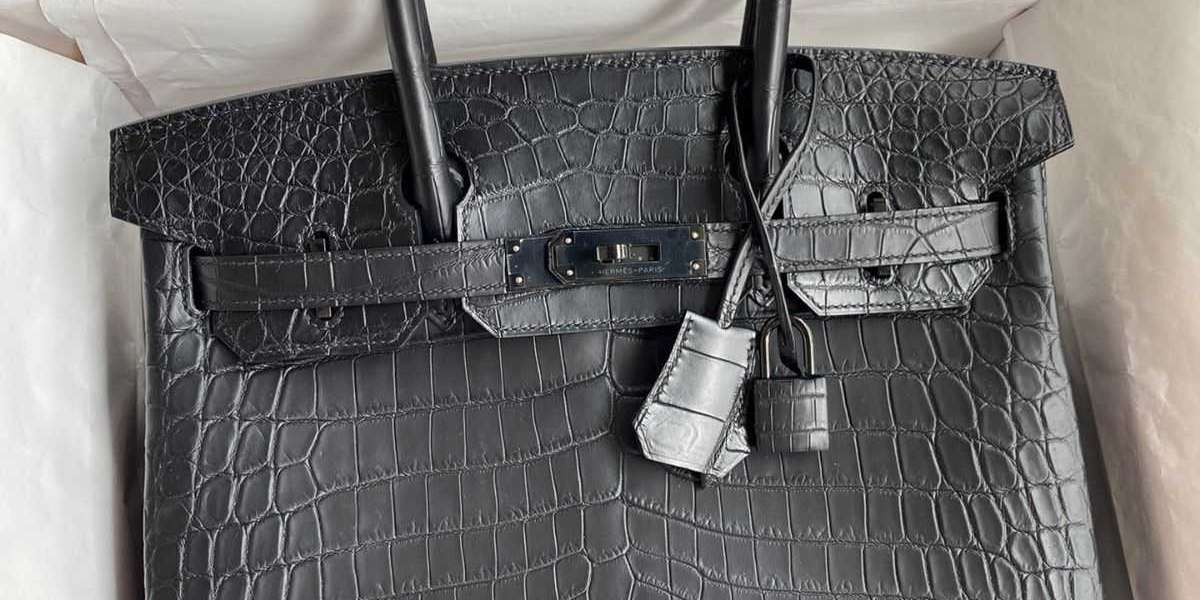Die casting is a widely used manufacturing process for producing high-precision metal parts with excellent durability and complex geometries. The choice of die casting materials plays a crucial role in determining the performance, strength, and application of the final product. Various metals and alloys are used in die casting, each offering distinct advantages based on the requirements of the application. In this guide, we explore the most commonly used die casting materials and their benefits.
1. Aluminum Alloys
Aluminum is one of the most preferred die casting materials due to its lightweight properties and high strength. It is commonly used in automotive, aerospace, and consumer electronics applications.
Advantages of Aluminum Die Casting Materials:
Lightweight yet Strong: Ideal for applications that require durability without adding excessive weight.
Corrosion Resistance: Naturally forms an oxide layer that protects it from environmental damage.
Excellent Thermal and Electrical Conductivity: Suitable for heat sinks, electronic enclosures, and automotive parts.
Good Dimensional Stability: Maintains precise measurements even under extreme conditions.
Eco-Friendly and Recyclable: Supports sustainable manufacturing processes.
2. Zinc Alloys
Zinc is another widely used material in die casting, known for its superior castability and high precision. It is commonly found in hardware, automotive, and decorative applications.
Advantages of Zinc Die Casting Materials:
Excellent Fluidity: Enables the creation of intricate and detailed parts.
Superior Impact Resistance: Can withstand high mechanical stress without cracking.
Lower Melting Point: Reduces energy consumption and extends the lifespan of molds.
Cost-Effective for High-Volume Production: Ensures efficient large-scale manufacturing.
Great Surface Finishing Capabilities: Allows for easy plating, painting, and polishing.
3. Magnesium Alloys
Magnesium is the lightest structural metal, making it an excellent choice for applications requiring a high strength-to-weight ratio. It is commonly used in aerospace, automotive, and electronic enclosures.
Advantages of Magnesium Die Casting Materials:
Ultra-Lightweight: Reduces overall product weight without compromising strength.
High Strength-to-Weight Ratio: Provides strong yet lightweight components.
Good Machinability: Easier to machine compared to other metals.
Dampens Vibrations: Enhances stability in dynamic applications.
Fully Recyclable: Environmentally friendly and sustainable.
4. Copper and Brass Alloys
Copper-based alloys are chosen for their superior electrical and thermal conductivity, corrosion resistance, and high durability. They are commonly used in plumbing, electrical components, and industrial machinery.
Advantages of Copper and Brass Die Casting Materials:
Exceptional Conductivity: Ideal for electrical and heat transfer applications.
Superior Corrosion Resistance: Withstands exposure to moisture and harsh chemicals.
High Tensile Strength: Ensures longevity and reliability.
Aesthetic Appeal: Offers a polished and decorative finish.
Antimicrobial Properties: Suitable for medical and food processing applications.
5. Steel and Stainless Steel Alloys
Although steel is not commonly used in traditional die casting, some advanced applications require its superior strength and durability.
Advantages of Steel and Stainless Steel Die Casting Materials:
Unmatched Strength and Hardness: Suitable for high-stress environments.
Corrosion and Heat Resistance: Ideal for extreme industrial conditions.
Long-Lasting Performance: Ensures durability in mechanical components.
Choosing the Best Die Casting Material for Your Needs
When selecting a die casting material, consider the following factors:
Application Requirements: Assess the need for strength, weight reduction, and thermal resistance.
Production Costs: Factor in material expenses, mold life, and processing efficiency.
Mechanical Properties: Determine the required hardness, ductility, and impact resistance.
Environmental Sustainability: Opt for recyclable and eco-friendly materials when possible.
Conclusion
Choosing the right die casting material is essential for achieving optimal performance, efficiency, and cost-effectiveness. Whether you need the lightweight advantages of aluminum, the precision of zinc, the strength of magnesium, or the conductivity of copper, each material offers unique benefits. By understanding these properties, manufacturers can make informed decisions to enhance product quality and production efficiency in die casting applications.








